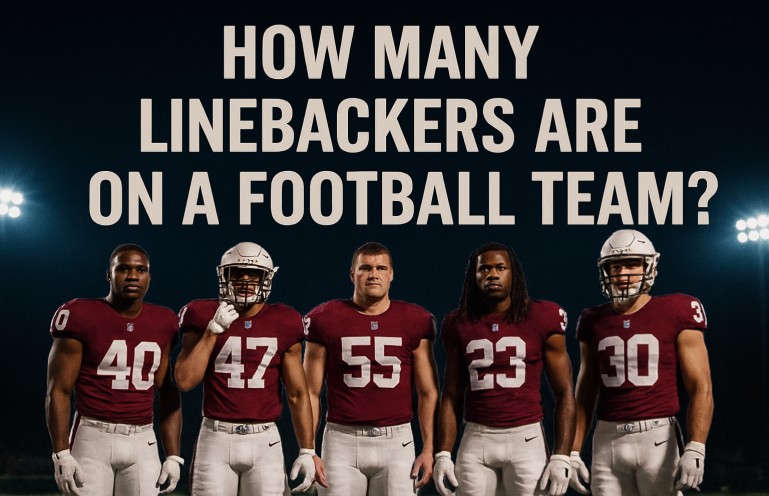How to Create a Winning Fantasy Football List
Honestly, building a fantasy football list can feel like a puzzle with a million pieces. I’ve been there scrolling through endless rankings, wondering who to trust. The good news? You can make your own list that’s even better than the per-made cheat sheets. Let me walk you through it, step by step, using a simple plan anyone can follow.
Why Bother Making Your Own List?
Think about this: every league is different. Scoring rules, number of teams, and your draft position all change the value of each player. A generic ranking might be close, but it’s never perfect for your league. Creating a personal list means you draft with confidence instead of guessing.
Know Your League Inside Out
Before you even look at player stats, grab the basics:
- Scoring rules – Is it standard, PPR (points per reception), or half-PPR?
- Roster spots – How many QB, RB, WR, TE, and flex positions?
- Draft style – Snake or auction?
This matters more than you’d think. For example, PPR leagues make pass-catching backs and high-volume receivers more valuable.
Gather Reliable Player Data
Don’t just copy one ranking. Check a few trusted sources like official team pages, NFL stats, or well-known fantasy analysis sites. Look for:
- Last season’s production
- Off-season changes (new coaches, offensive line moves, free-agent signings)
- Injury updates and training camp reports
Tip: I like to jot down notes beside each player something short like a great playoff schedule or risky hamstring.
Tier Your Players
Instead of listing players strictly from 1 to 200, group them into tiers.
Tearing means putting players with similar value together. Example: RB Tier 1 might include Christian McCartney, Abidjan Robinson, and Quonset Barkley.
Why it works: If all Tier 1 RBI are gone but a Tier 1 WR is still there, you pivot without panic.
Weigh Risk vs. Upside
Some players are safe but not flashy; others can win a league or sink a season.
- Safe picks: consistent veterans with stable roles
- High-upside picks: rookies or players coming off injury with breakout potential
I like to sprinkle a few high-upside players in late rounds it’s like buying a lottery ticket without breaking the bank.
Balance Your Positions
It’s tempting to chase stars, but a balanced roster wins championships.
- Aim for at least 2 solid RBs and 3 starting WRs.
- Don’t draft a quarterback too early unless it’s a superflex league.
- Wait on tight end unless an elite option falls to you.
Keep your league size in mind scarce positions like RB dry up faster in 12-team leagues.
Update Right Until Draft Day
The truth is, injuries and depth chart changes can happen hours before your draft.
- Follow team beat reporters on social media.
- Watch preseason snaps.
- Make last-minute tweaks to your tiers.
I always leave a few empty lines on my sheet for late edits.
Real-Life Example
Last year, I bumped up rookie Puka Nacua after noticing his strong camp buzz and the Rams’ WR injuries. Drafted him in the last round. That single move carried me to the playoffs.
Quick Draft-Day Tips
- Print or save your list offline you never know when Wi-Fi will fail.
- Highlight your must-have players in bold or with a bright marker.
- Stay calm. Someone will snipe your pick. It’s normal.
FAQs
How many players should I list
Enough to cover your draft plus late-round sleepers usually 200+ names in a 12-team league.
Should I include IDP (Individual Defensive Players)
Only if your league uses them. If so, rank top linebackers and safeties after offensive players.
Can I use AI or apps to help
Sure, but treat them as helpers, not the final word. Your brain plus good data beats a bot.
Summary
Making your own fantasy football list isn’t hard.
- Learn your league rules.
- Gather and note player data.
- Create value tiers.
- Weigh risk vs. upside.
- Balance positions.
- Update until draft day.
Follow these steps and you’ll draft with confidence no cookie-cutter cheat sheet needed.







